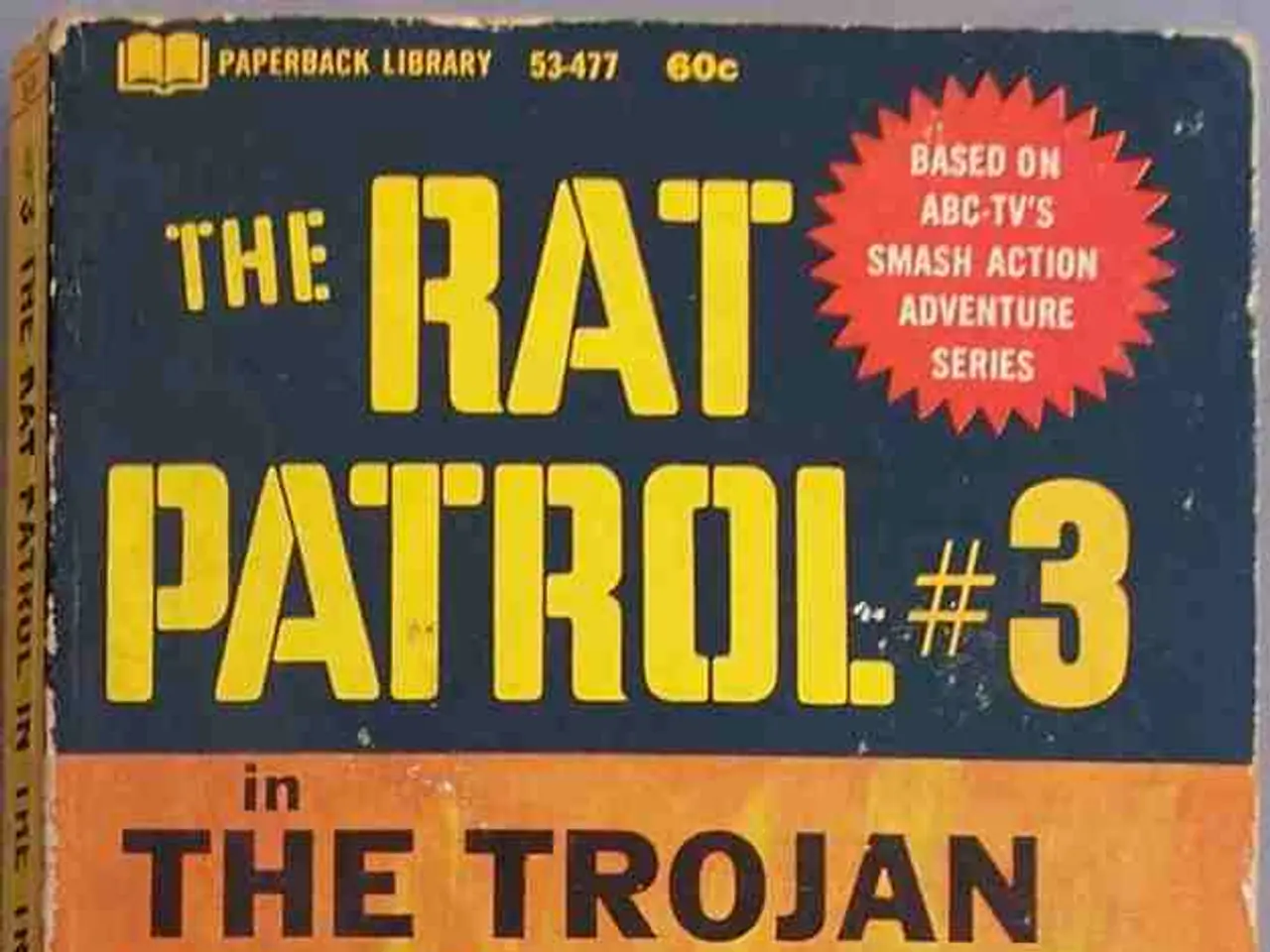Memorable Snapshots of the Iconic Music Acts from the 1960s Decade
In the vibrant and transformative decade of the 1960s, British bands made a significant impact on American music and popular culture. This cultural and musical phenomenon, known as the British Invasion, saw the rise of several iconic bands that left an indelible mark on the world of music.
Soul music, a blend of gospel influences with secular themes, spoke to personal and collective experiences. The genre found a home in the UK, with bands like The Beatles, The Rolling Stones, The Who, The Kinks, Cream, and Pink Floyd leading the charge. These bands were central to the British Invasion, revitalizing American music and popular culture.
The Beatles, with their 20 No. 1 hits on the Billboard Hot 100 during the 1960s, were the most influential. Transforming from catchy pop songs like "I Want to Hold Your Hand" to more sophisticated works such as Sgt. Pepper's Lonely Hearts Club Band, they aligned with the hippie counterculture movement. Their fame, known as Beatlemania, inspired not only fans but also fellow musicians across the U.S., encouraging new artistic expression and experimentation.
The Rolling Stones, with their grittier, blues-rock style, offered a direct contrast to the Beatles’ pop sensibilities. Their grittier image and five No. 1 hits in the 1960s helped shape the sound of rock music in the U.S. Bands like The Who and The Kinks contributed to the rock genre's diversity, offering harder-edged sounds and socially reflective lyrics that resonated with youth counterculture in America.
Cream, featuring Eric Clapton, was pivotal in blues-influenced rock, setting new standards for musicianship and technical skill. The British Invasion also influenced emerging genres such as psychedelic rock and proto-metal. Bands like Pink Floyd pushed musical boundaries with experimental sounds and imagery, contributing to the artistry of rock music and fueling the American psychedelic scene.
The British Invasion proved to the music industry that non-American acts could achieve massive commercial success in the U.S., opening the door for foreign acts to establish a base in America. This shift in the music landscape was further emphasized by the success of soul and Motown artists, who fundamentally changed the music industry's power dynamics, establishing Black artists as major commercial forces and cultural influencers.
Diana Ross and The Supremes, Stevie Wonder, Marvin Gaye, and Aretha Franklin became household names, breaking down racial barriers in popular music. Musicians in the U.S. during the 1960s used their talent for social commentary and political activism, with folk-rock songs becoming rallying cries for civil rights, anti-war protests, and counterculture gatherings.
The Byrds popularized the folk-rock sound with their jangly 12-string guitars and harmonized vocals. Bands like the Who and the Animals introduced raw energy and R&B influences that laid the groundwork for hard rock and punk. Fashion was greatly influenced by the mop-tops and mod style of English musicians during the 1960s.
In conclusion, the British Invasion shaped American music by introducing new musical styles, elevating artistic credibility in rock, and inspiring the cultural movements of the 1960s, including the youth-led counterculture, civil rights activism, and anti-war protests. Their success broadened the music business and cultural exchange between the UK and the US, leaving a lasting legacy on global popular music.
The British Invasion's impact on American music extended beyond revitalizing pop culture, as it also introduced new genres like soul and psychedelic rock. Soul music, significantly influenced by gospel and secular themes, was embraced by bands like The Beatles, which helped disseminate it in the UK.
The British bands' success in the US during the 1960s catalyzed the rise of diverse musical styles, such as blues-rock and proto-metal, with bands like Cream playing a pivotal role in these developments. Furthermore, the British Invasion fueled artistic expression and political activism in American music, as exemplified by the folk-rock sounds of bands like The Byrds.








